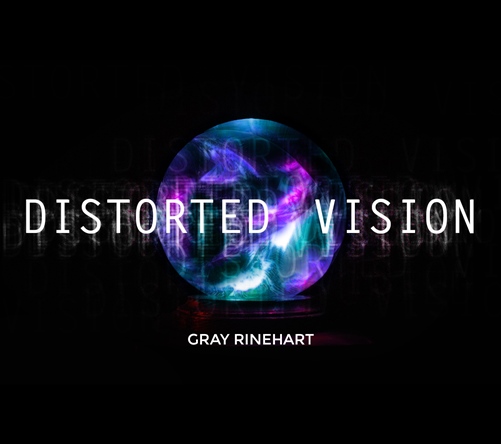I’ve thought a lot recently about starting a church. If I had more energy — or should I say, more zeal — I might already have tried to find some like-minded believers to do so.

(“Celtic Cross, St. Nicholas’ Church, Lazonby,” by Peter Hughes, on Flickr under Creative Commons.)
I should point out to my science fiction and fantasy friends that I do not mean starting a religion, and to my Christian friends that I do not mean starting a denomination — I mean, simply, starting a church.
I’ve thought a lot about this because my wife and I have visited a lot of churches recently and haven’t found one that really effectively balances the contemporary with the traditional; that combines deep, thoughtful, Biblical teaching with enthusiastic, Christ-centered worship; that is large enough to offer a variety of ministries without being desperate for more workers, yet small enough not to be overwhelming or reliant on communications technology; and that has a healthy mix of people from all backgrounds and age groups.
Our church search often reminds me of these lines from the Steve Taylor song, “Steeplechase” (from the album I Want to Be a Clone),
… you started church-shopping, did ya?
It’s been a problem, finding one to fit ya
you didn’t feel good, did ya?
From time to time I’ve thought that my Mormon friends have it a little easier in that they don’t have a plethora of church options available to them. As I understand it, whatever ward they live in, they go to that church and fit in as best they can.
But aside from being unable personally to find the right place to worship and learn, I’ve thought a lot about starting a church because I’ve observed over the years that few churches seem to give back very much to the communities they purport to serve. Most of the tithes and offerings that those churches collect stay within the church. Maybe that’s necessary — the light bills have to be paid, after all — but I’m not so sure.
It seems to me that a church pursuing the ideals of the Gospel would call believers to a higher purpose than weekly meditations and occasional fellowship. Such a church would serve others more than it serves itself. It would be more concerned with the world outside its walls (physical or figurative) than with its sacred cloisters.
I think if I started a church, then, I’d like to start a church that makes giving its most fundamental reason for being. I would call it The Gift Church, or The Gift for short.
I think of it like this:
Purpose. The purpose of the Church is to advance the Gospel of Jesus Christ through service to the community and the world. The Church has been given gifts that are meant to be shared.
Central Tenet. Believing that the Lord Jesus Christ’s declaration is true (as reported by Paul the Apostle to the Ephesian church leaders in Acts 20:35), that it is indeed more blessed to give than it is to receive, the Church shall devote more of its monetary resources to serving the needy than it does to its own internal obligations, needs or desires.
I don’t think I’ve ever been part of a congregation (and I’ve been part of a lot of congregations through our years of moving from place to place) that purposed to spend more on helping others than it did on helping itself. But since the idea came to me — on a walk one morning, about eight months ago — I haven’t been able to get it out of my head. Maybe it’s an unreasonable, unworkable aim; I don’t know, but it intrigues me.
I don’t know yet if I will say any more on this subject, or whether it resonates with or interests anyone else at all. But the idea of a church with a strong purpose in this world, that practices radical generosity on a regular basis, resonates with me. I think if its worship was lively and its teaching sound, I might like to be a part of such a church.
















